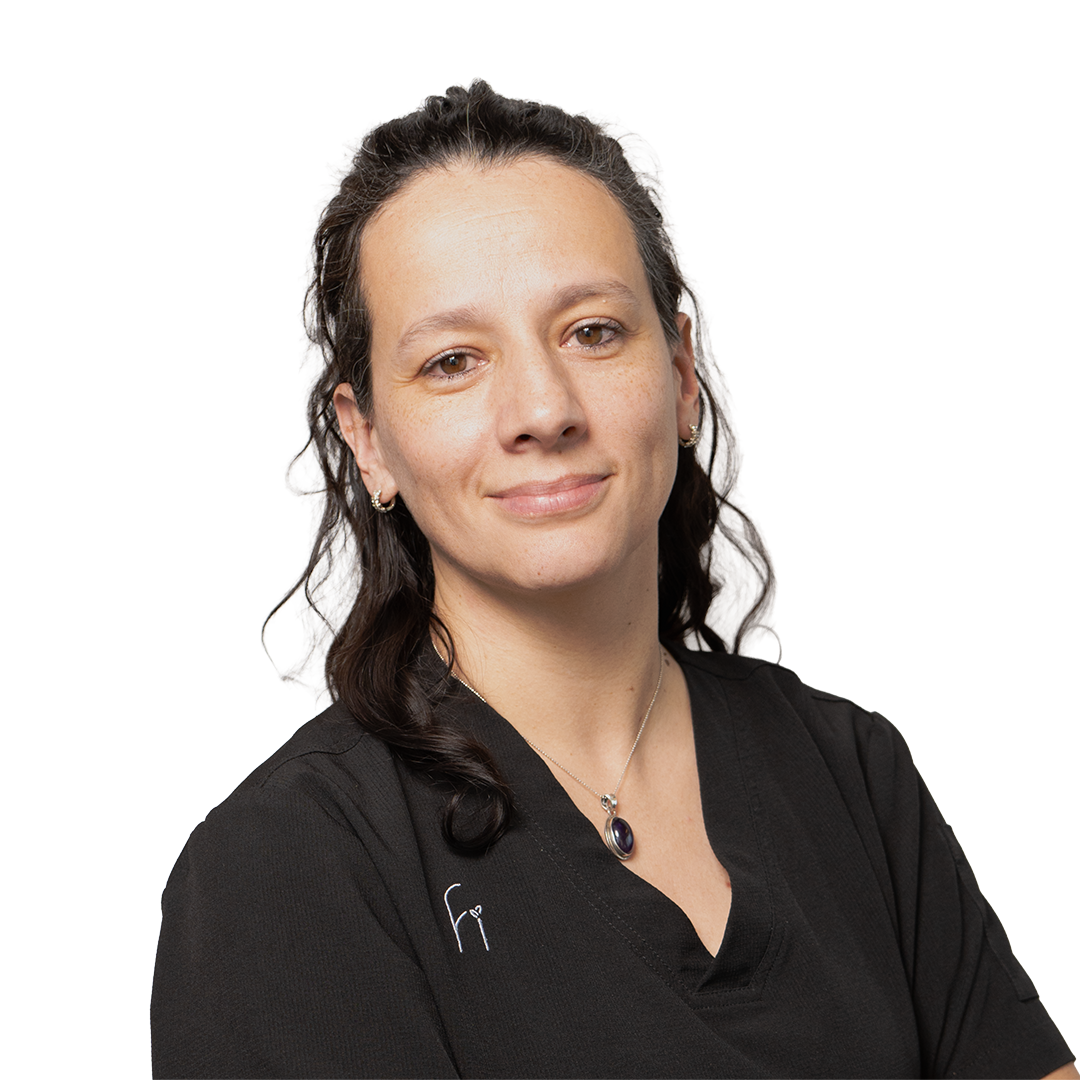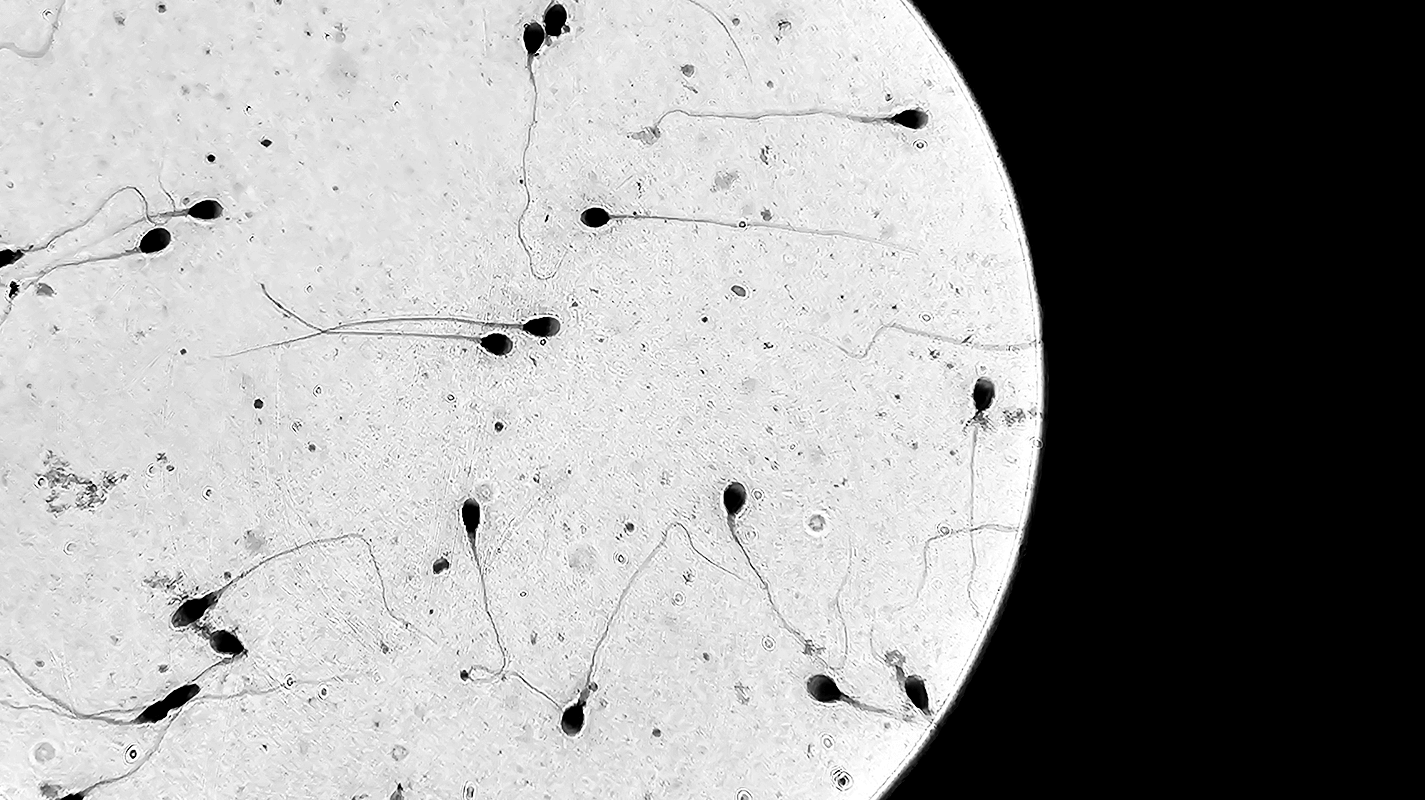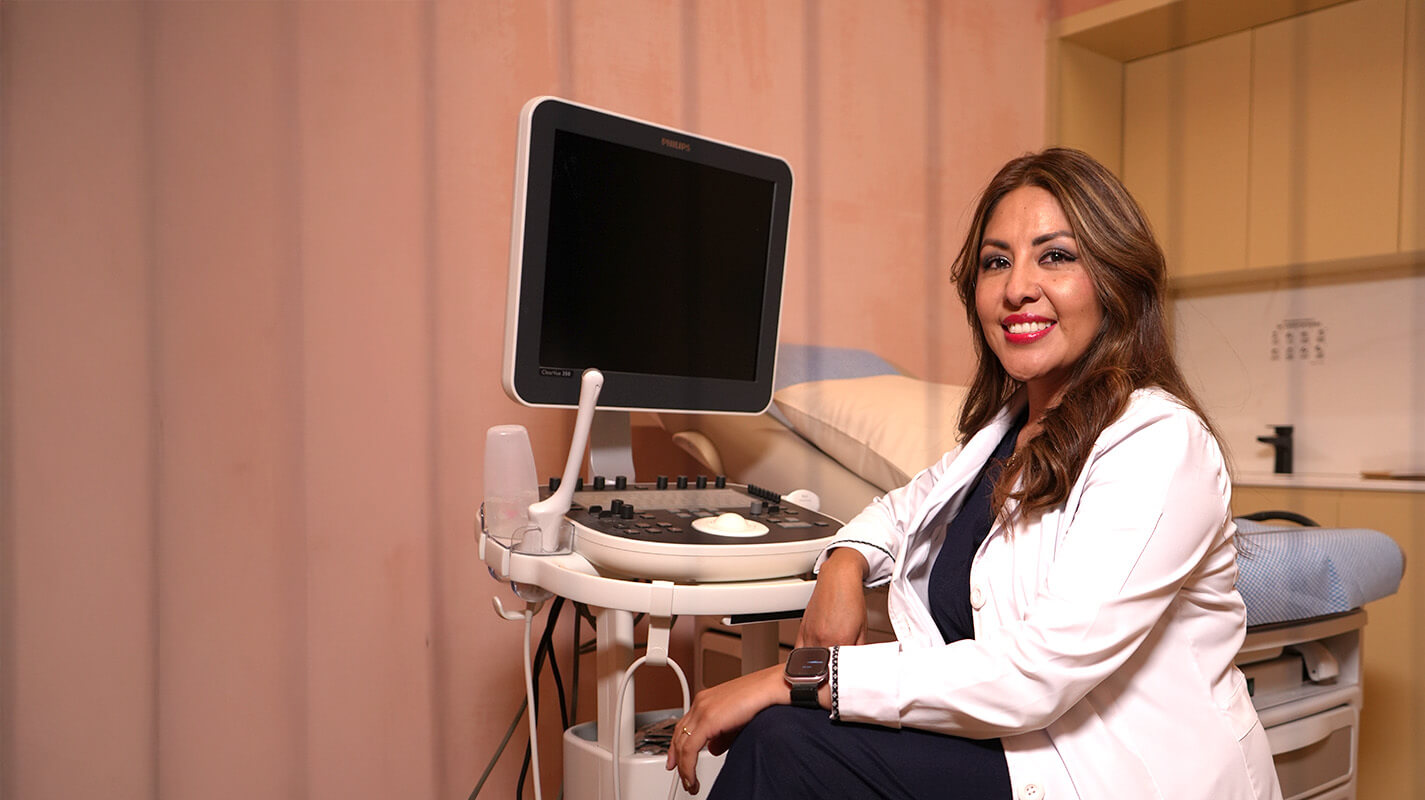How AI Is Transforming Assisted Reproduction and What It Means for Your Fertility

Artificial intelligence (AI) is no longer a promise of the future. Today, it is a reality that is reshaping the field of fertility and significantly increasing success rates for patients around the world.
In assisted reproduction, AI makes it possible to analyze clinical and laboratory variables with a level of precision that is impossible for the human eye, helping specialists make better decisions, personalize treatments, and optimize every stage of the process.
But… What does this really mean for your fertility? What changes in your treatment, and how can it help you achieve a pregnancy?
In this blog, we’ll explain how it works, its real benefits, and the impact it can have on your reproductive journey.
What Is AI in Assisted Reproduction?
AI in fertility treatment refers to the use of advanced algorithms that analyze images, clinical data, laboratory parameters, and thousands of variables to support more precise decision-making during treatments such as insemination, egg freezing, or IVF.
Its purpose is clear: to make the process safer, more personalized, and more effective.
It’s important to highlight that this technology does not replace the specialist; on the contrary, it enhances their work, strengthens laboratory safety, and provides more accurate information for every patient.
Impact of AI on Assisted Reproduction
Several studies have evaluated how AI can improve precision, standardization, and outcome prediction in treatments such as IVF.
1. Greater Precision in Embryo Selection
A model published in 2025 achieved 91% average precision and an AUC of 0.91 in predicting which embryos were most likely to achieve a clinical pregnancy (Salih et al., 2025).
This translates into more objective decisions and significantly reduced variability.
2. Reduced Variability Among Embryologists
Traditional visual assessment can vary from one embryologist to another, even within the same laboratory. A recent study found that AI significantly reduces this subjective variability by applying consistent criteria to every embryo evaluated (AlSaad et al., 2025).
3. More Personalized Treatment
Every patient is different: age, ovarian reserve, hormones, lifestyle, and medical history all play a role.
AI allows the integration of clinical and laboratory data to generate individualized predictions, anticipate ovarian response, and recommend personalized stimulation protocols, improving outcomes and reducing risks such as ovarian hyperstimulation.
AI in the Fertilidad Integral Laboratory
At Fertilidad Integral, we have adopted these innovations to enhance patient experience and outcomes. And today, we take an even bigger step: we are the first international clinic outside the United States to implement Embryo Predict, the artificial intelligence technology developed by Alife Health.
What is Embryo Predict and how does it work?
Embryo Predict is a deep learning–based artificial intelligence platform designed to support embryologists in identifying the best embryo for transfer. This technology integrates directly with the microscope and existing laboratory infrastructure, allowing embryo images to be captured and automatically generating a personalized AI-based score (Alife Health, 2025).
This score combines several key factors:
- Image-based embryo morphology
- Day of development
- Patient age
- Oocyte origin (own or donor)
The result is a system that promotes a more standardized, consistent, and data-driven approach to embryo selection, not replacing the professional judgment of the embryologist, but strengthening it with additional objective information.
Important considerations to understand
Although AI is a powerful innovation, it’s important to recognize its limits:
- It does not guarantee a pregnancy, human biology is complex and many factors are involved.
- It does not replace genetic embryo testing (PGT-A) when it is indicated.
- It does not evaluate the uterus or endometrial receptivity, which remain critical factors.
- It does not replace the expertise of embryologists or physicians—it complements their work.
- It does not manipulate the embryo, it only analyzes images and data without altering biological material.
What does it mean for your fertility that FI is implementing AI?
Implementing AI inside the laboratory means more precise, safer, and more personalized treatments. With tools like Embryo Predict, we can select embryos with greater objectivity, reduce variability between embryologists, and make decisions based on real data.
This translates to:
- Greater clarity in understanding your treatment
- More efficient and transparent processes at every stage
- Increased safety and traceability within the laboratory
- More accurate medical guidance backed by advanced information
In summary, AI does not replace specialists, it enhances our ability to care for your fertility and improve your chances of success. We incorporate technologies that elevate precision and safety at every step of the laboratory process.
Schedule your fertility check-up and discover how artificial intelligence can help you understand your fertility and plan your journey with greater confidence.
Frequently asked questions about AI and assisted reproduction
1. Does AI replace the doctor or embryologist?
No. AI supports specialists, but clinical evaluation and final decisions are always made by the medical and laboratory team. The technology provides additional data, it does not replace human expertise.
2. Does AI guarantee pregnancy?
No. AI improves precision, especially in embryo selection, but pregnancy depends on multiple factors such as age, genetics, endometrial health, and overall well-being.
3. Is it safe for my embryos to be analyzed using AI?
Yes. AI does not physically manipulate embryos. It only analyzes images and already-captured data, without interacting with biological material.
4. Do all clinics have this technology?
No. Access depends on the technology adopted by each clinic. Systems such as Embryo Predict™ by Alife Health, RI Witness, or continuous digital monitoring are available only in advanced centers. Fertilidad Integral is currently the first international clinic outside the United States to implement Embryo Predict™.
5. Can AI predict real success rates?
Yes, using predictive models that integrate age, ovarian reserve, treatment response, and clinical history.
6. Does AI increase the cost of treatment?
No. At Fertilidad Integral, this technology is included as part of the laboratory process, with no additional cost for our patients.
References
- Alife Health. (2025). Fertilidad Integral Becomes First International Fertility Clinic to Adopt Alife Health’s AI Embryo Selection Technology. https://www.alifehealth.com/press/fertilidad-integral/
- Salih, A., Ali, M., Al-Hameedawi, A., & Al-Hamadani, A. (2025). Clinical pregnancy prediction using a deep learning model based on blastocyst images. Scientific Reports, 15, 1124. https://doi.org/10.1038/s41598-025-02076-x
- AlSaad, R., El-Shaarawy, M., & Patel, R. (2025). Artificial intelligence reduces inter-observer variability in embryo morphology assessment. Frontiers in Reproductive Health. https://doi.org/10.3389/frph.2025.1549642







